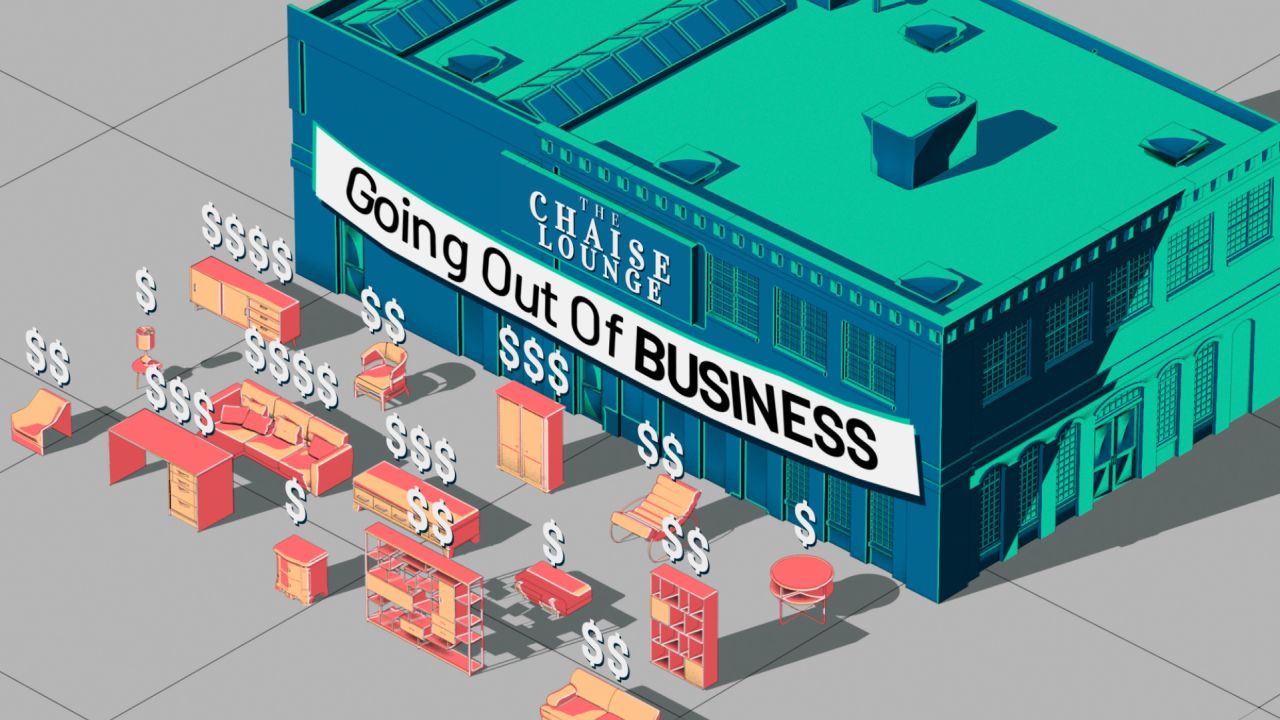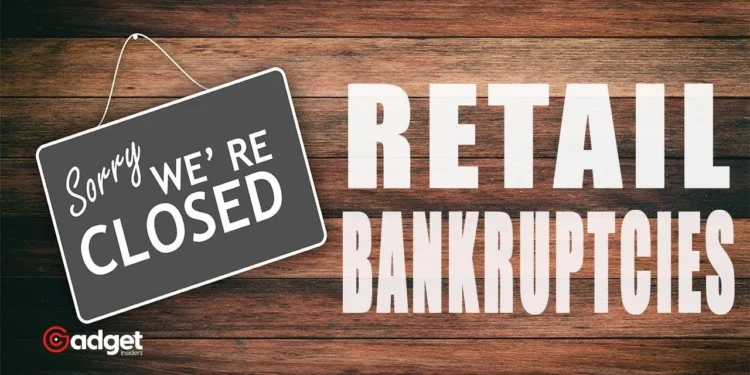In an industry usually shielded from the full brunt of economic downturns due to the consistent need for essential goods, the bankruptcy of Foxtrot Market and Dom’s Kitchen and Market marks a significant deviation. On May 14, these companies made headlines with their Chapter 7 liquidation filing in the U.S. Bankruptcy Court for the District of Delaware, highlighting a rare occurrence in the grocery sector
This move came shortly after Foxtrot Market, which operated 33 locations across major cities like Chicago, Washington, Dallas, and Austin, unexpectedly shut its doors in April. The sudden closure left many employees without prior notice, a situation that the company described as a last resort after failing to find a viable path forward despite exhaustive efforts.

The Crisis at Takeoff Technologies
Adding to the industry’s woes is Takeoff Technologies, a leading provider of e-grocery fulfillment solutions. This company, headquartered in Waltham, Massachusetts, filed for Chapter 11 bankruptcy on May 30 after experiencing significant financial distress.
Discount retail chain shares Chapter 11 bankruptcy news https://t.co/eOO1KqIGhX
— Miami Herald (@MiamiHerald) May 31, 2024
Takeoff Technologies, known for its innovative microfulfillment centers—small, automated robotic warehouses—reported substantial losses in the past two years, with operating losses ballooning from $57.8 million in 2022 to $63 million in 2023.
Despite its revolutionary technology and a global presence, Takeoff Technologies couldn’t overcome the challenges posed by declining revenues and growing operational costs. In 2023, its revenue dropped to $27.26 million from $40.6 million the previous year. The company’s struggle was compounded by its inability to secure additional equity funding or find buyers for its assets, despite engaging in extensive discussions with key partners and customers.

A Strategic Shift Amid Financial Turmoil
In a declaration by Brett M. Anderson, Chief Restructuring Officer from Huron Consulting Services, it was revealed that Takeoff Technologies is now seeking to sell its assets through a marketing process while securing debtor-in-possession financing of up to $9.6 million.
This funding, supported by a consortium of customers including Woolworths Group and Albertson’s Cos., aims to keep the company operational during the bankruptcy proceedings. Should the marketing process fail to attract viable bidders, the lenders may opt to acquire some or all of the assets, with plans for an orderly wind-down if necessary.

Lessons from Takeoff and Foxtrot: Retail’s Vulnerability
The story of Takeoff Technologies and Foxtrot Market is a stark reminder of the vulnerability even in sectors generally considered recession-proof. It underscores the intricate challenges facing the retail industry—challenges that are magnified by rapid technological shifts and the unpredictable dynamics of consumer behavior.
This development poses significant questions about the future of grocery retail and the sustainability of high-tech solutions in a traditionally low-margin industry. As these companies navigate through bankruptcy, the outcomes could reshape perceptions and strategies within the retail sector, potentially influencing how companies approach technology and innovation in the face of economic adversity.










